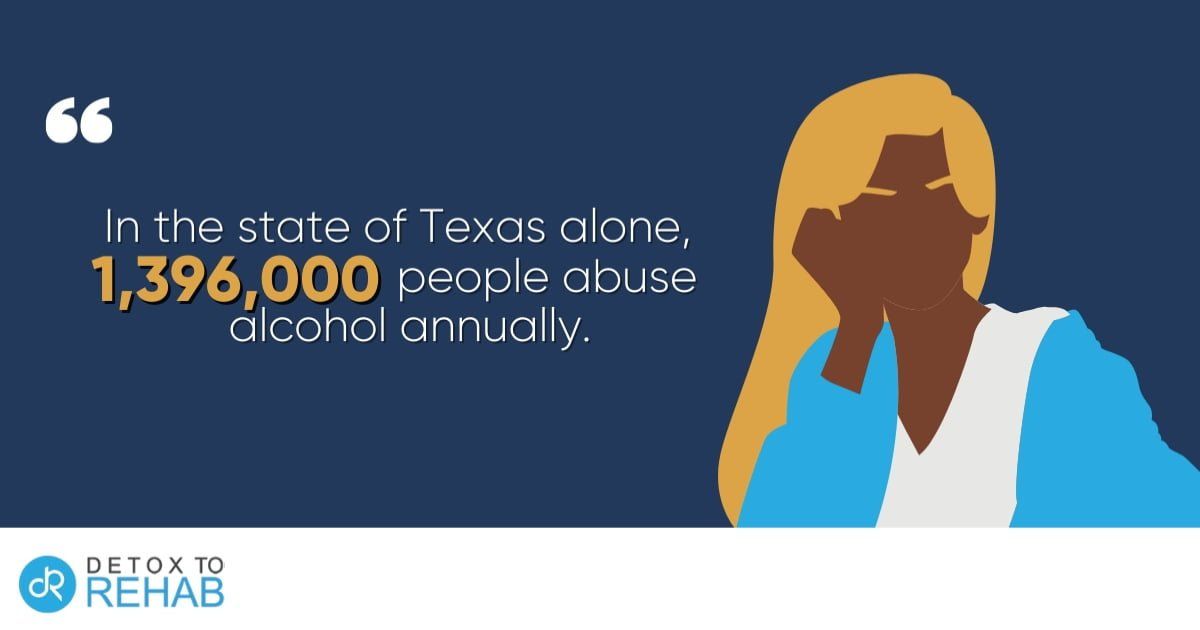Substance abuse counselors play an important role in helping individuals recover from addiction and live healthy, fulfilling lives. In Texas, individuals must meet certain requirements to become licensed substance abuse counselors in texas. Here are the requirements broken into sections.
Education Requirements:
To become a licensed substance abuse counselor in Texas, an individual must have at least a high school diploma or equivalent. However, many employers and accrediting bodies require candidates to have at least an associate's degree in counseling, psychology, social work, or a related field. Some organizations may accept a bachelor's degree in an unrelated field if the candidate has completed additional courses or training in addiction counseling.
Certification Requirements:
In Texas, substance abuse counselors are licensed by the Texas Department of Health Services (DSHS). DSHS requires all applicants to complete a certification program that meets the standards of the Texas Board of Accreditation of Addiction Professionals (TCBAP). Certificate programs must include a minimum of 270 hours of education and training in the following areas:
●Counseling theory and practice
●Addiction studies
●Pharmacology
●Professional ethics
●Assessment and diagnosis
●Treatment planning and implementation
●Legal and regulatory issues
In addition to the education and training requirements, applicants must complete a minimum of 300 hours of supervised work experience in a substance abuse counseling setting. Work experience must be completed under the supervision of a licensed substance abuse counselor or another qualified professional.
Test Requirements:
After individuals have completed education, training, and work experience requirements, they must pass an exam to become licensed as a substance abuse counselor in Texas. The exam is administered by the International Coalition for Certification and Reciprocity (IC&RC), a global organization that provides standardized testing and certification for addiction professionals.
Continuing education requirements:
To remain certified as a substance abuse counselor in Texas, individuals must complete continuing education requirements. DSHS requires that licensed substance abuse counselors complete at least 40 hours of continuing education every two years. Continuing education must fall within the realm of addiction counseling and must be approved by the Texas Board of Accreditation of Addiction Professionals (TCBAP).
Ethical Requirements:
Substance abuse counselors in Texas adhere to high ethical standards. They must abide by the Texas Administrative Code, which outlines a code of ethics for addiction professionals. Some of the key ethical requirements for substance abuse counselors in Texas are:
●Maintaining client confidentiality
●Avoiding conflicts of interest
●Treating clients with respect and dignity
●Obtaining informed consent from clients before providing treatment
●Referring clients to other professionals when appropriate
Conclusion:
Becoming a licensed substance abuse counselor in Texas requires extensive education, training, and experience. However, it can be a rewarding career for individuals who are passionate about helping others overcome their addictions. By meeting the certification and licensing requirements outlined by the Texas Department of Health Services, individuals can begin working as substance abuse counselors and make a positive difference in the lives of people struggling with addiction.






















 sunrise
StableDiffusion
sunrise
StableDiffusion
 bonfire friends
StableDiffusion
bonfire friends
StableDiffusion
 sadness
StableDiffusion
sadness
StableDiffusion

 purple skies
StableDiffusion
purple skies
StableDiffusion









